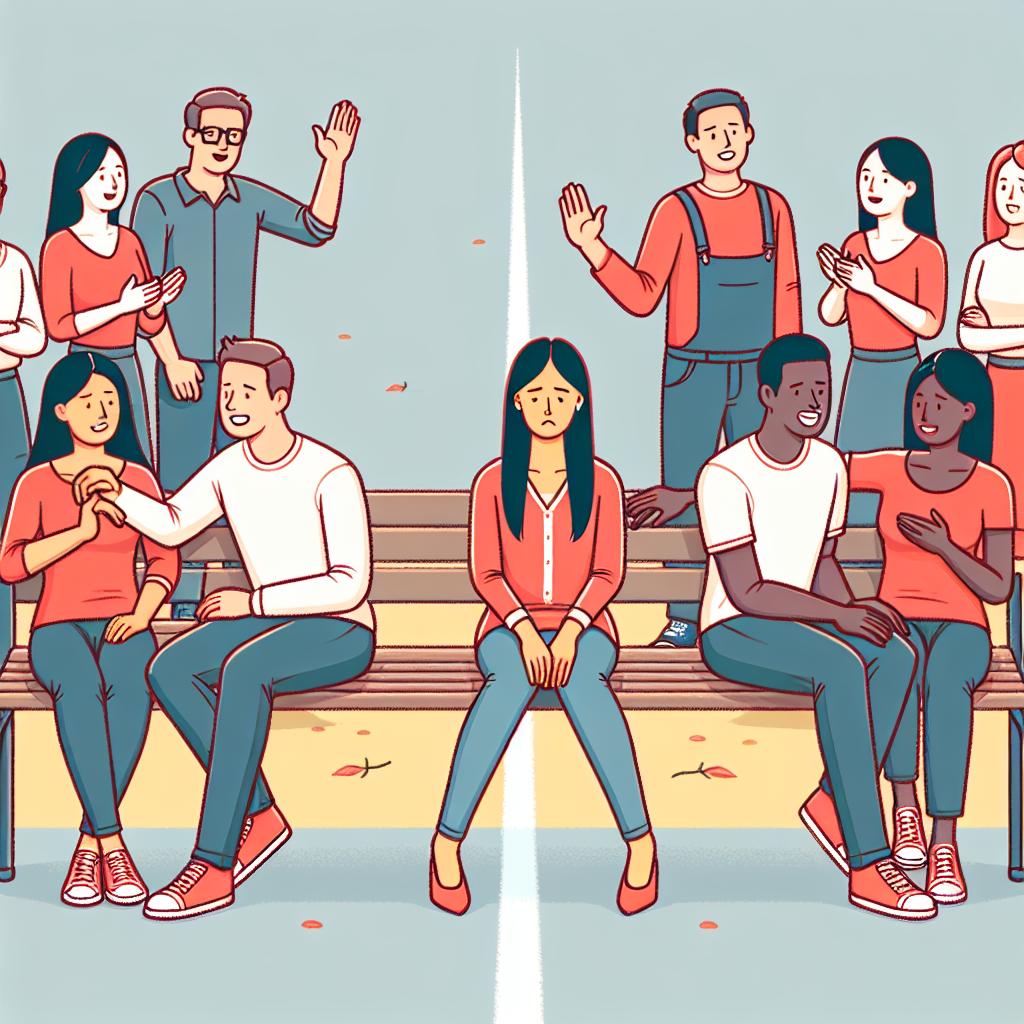Everyday Discrimination: A Public Health Crisis Impacting Mental Health
A study from Boston University reveals that frequent encounters with everyday discrimination raise the likelihood of anxiety and depression, impacting people across all demographics. The research highlights discrimination as a public health crisis, with significant mental health consequences, affecting marginalized communities, as well as white and Asian adults.

- Country:
- United States
Boston University researchers, publishing in JAMA Network Open, reveal a public health crisis: everyday discrimination significantly heightens anxiety and depression risks. This transcends racial and demographic lines, impacting black, multiracial, and white adults alike.
The study analyzed data from nearly 30,000 U.S. adults, representing over 258 million people. Findings showed 56% of participants encountered occasional discrimination, with the highest levels among black adults at 8.6%.
Discrimination, a stressor leading to severe health implications like hypertension and heart disease, demands recognition and policy interventions to tackle mental health disparities.
(With inputs from agencies.)
ALSO READ
Public Health at Risk: Fixing the Flaws in Sri Lanka’s Medicine Distribution System
India Accelerates Public Health Innovation with AI: MoHFW Drives Nationwide Transformation through Centres of Excellence and Smart Solutions
Africa CDC Launches Public Health Podcast to Amplify African Voices and Drive Health Innovation
Susan Monarez Nominated to Lead CDC: A New Era in Public Health
India's Push for Clean Cooking: A Public Health Imperative










